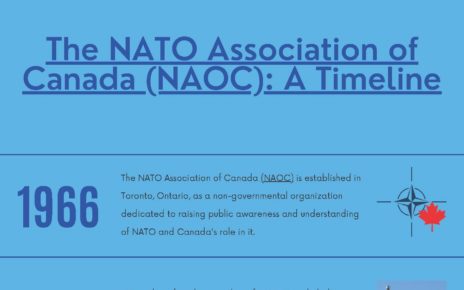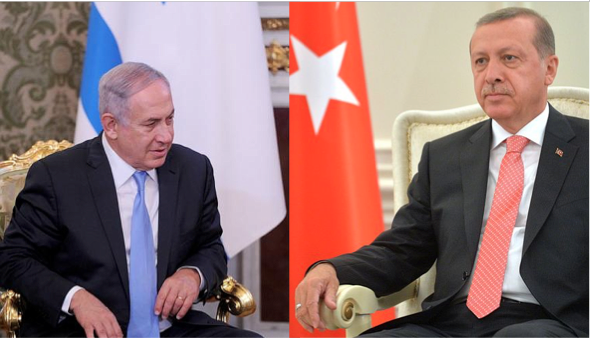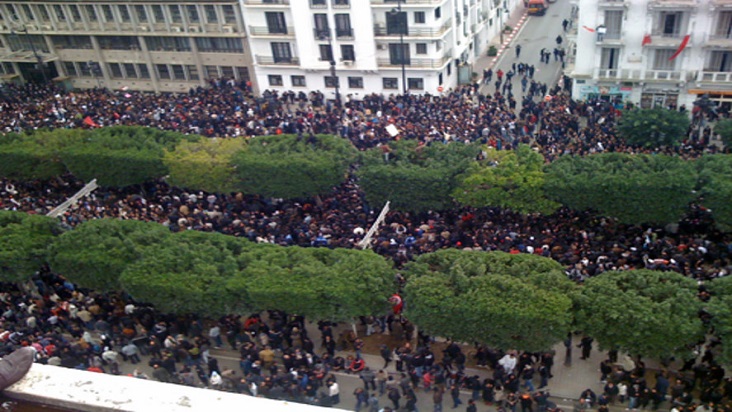Over the past several days, the Syrian conflict has returned to the forefront of international politics. As western countries contemplate intervention with greater urgency than ever before, it is worth examining the various rationales being used to justify military action. While it is tempting to debate possible western responses to the Syrian crisis through the single prism of humanitarian intervention, issues of international law and national interest have also assumed a prominent role in the debate. However, despite the volume and variety of interventionist arguments, many still remain sceptical about the wisdom and legitimacy of western military action in Syria.
After an intense period of escalation, the feverish pace of this crisis and the apparent imminence of military strikes have declined somewhat over the past few days. The US has tempered its approach by taking time to pursue further diplomacy and allow Congress to debate the issue before an intervention occurs, though it remains to be seen whether a Congressional rejection of intervention will be adhered to.
[captionpix align=”left” theme=”elegant” width=”300″ imgsrc=”http://natoassociation.ca/wp-content/uploads/2013/09/dpp.jpg” captiontext=”Congressional decision is yet to be made.”]
The adjustment of the Obama administration’s approach can be attributed to the wavering of its allies, particularly the United Kingdom. Westminster voted against intervention, even in the context of a non-binding vote that would not have authorized military action. This sharp rebuke to Conservative leader David Cameron, partially from his own party, signalled that domestic politics might be a decisive obstacle to British participation in any military campaign. Nonetheless, the Obama administration has continued to signal its desire to intervene, even without a broad coalition.
Although it has been difficult to persuade western populations that an intervention is both warranted and wise, the arguments for intervention go well beyond monolithic humanitarian appeals. The Libya intervention was presaged with straightforward talking points emphasizing the protection of a threatened civilian population. In Syria, though such rhetoric is not entirely absent, it has actually been secondary to the focus on international norms and laws. It is more common to hear the argument that if the Assad government is in fact responsible for the chemical attack – which would surprise very few observers – then it has engaged in an intolerable violation of international law and norms that must be responded to. It is then argued that the only sufficient response would be military in nature, as condemnations, censures, and sanctions would be of little consequence at this stage. Essentially, in order to punish Assad, deter future transgressions, and uphold the international standards of warfare, intervention is justified and necessary.
[captionpix align=”right” theme=”elegant” width=”300″ imgsrc=”http://natoassociation.ca/wp-content/uploads/2013/09/d.jpg” captiontext=”Conflicts might intensify if military action is taken.”]
This argument appeals to a wide spectrum of constituencies. Liberal internationalists want to see international law strengthened, and those concerned with long-term national interests and defence would like to see future threats deterred. Furthermore, it satisfies the humanitarian impulses of those who want to see western powers “do something” to relieve the suffering in Syria. Given the appeal of this narrative, the amount of resistance to an intervention might be surprising. But however wide the net proponents have cast in their campaign, the various elements of their rationale remain superficial.
The argument that it is necessary to uphold international laws and norms immediately runs into problems given that any such action would require the United States and its partners to run roughshod over the UN Security Council. It is one thing to ignore the fact that Syria is not a signatory to the Chemical Weapons Convention, and argue that an enforceable norm against chemical weapons exists whether or not Syria has agreed to be legally bound by it. The UN Security Council, however, is another matter. Its authority on these issues cannot be dismissed as a legal triviality. The hypocrisy of ignoring the United Nations in the name of enforcing international norms is so blatant as to be unpalatable without referencing the humanitarian situation in Syria. If it was only about upholding international norms in the abstract, the UN Security Council could not be ignored. Therefore, even the most sympathetic observer would have to conclude that not all norms are being treated equally, and the norms related to crimes against humanity are assuming priority over the norms of international power politics.
This brings the debate back to humanitarianism. The critiques of humanitarian intervention in Syria are well established, but warrant some elaboration. There are essentially two likely outcomes of a limited intervention. If strikes are limited in scope and only target a few installations without turning into a regime change operation, they will be of little consequence in terms of deterring or punishing the government and risk collateral damage. Alternatively, if the strikes are more effective and consequential, the intervening powers will have essentially rebalanced a civil war which could potentially prolong and intensify the conflict and the suffering it entails. These risks also undermine the argument that an intervention would be beneficial to the security of western states, especially considering the potential regional implications of a prolonged or intensified conflict.
Despite the increasing currency of humanitarian rhetoric in military affairs, and at the risk of stating the obvious, it must be asserted that there is nothing humanitarian about transforming an existing humanitarian crisis into a worse one. The use of chemical weapons is abhorrent and should be condemned by the international community. But an intervention risks exacerbating an already devastating conflict and threatens further to harm the very people these norms seek to protect.




